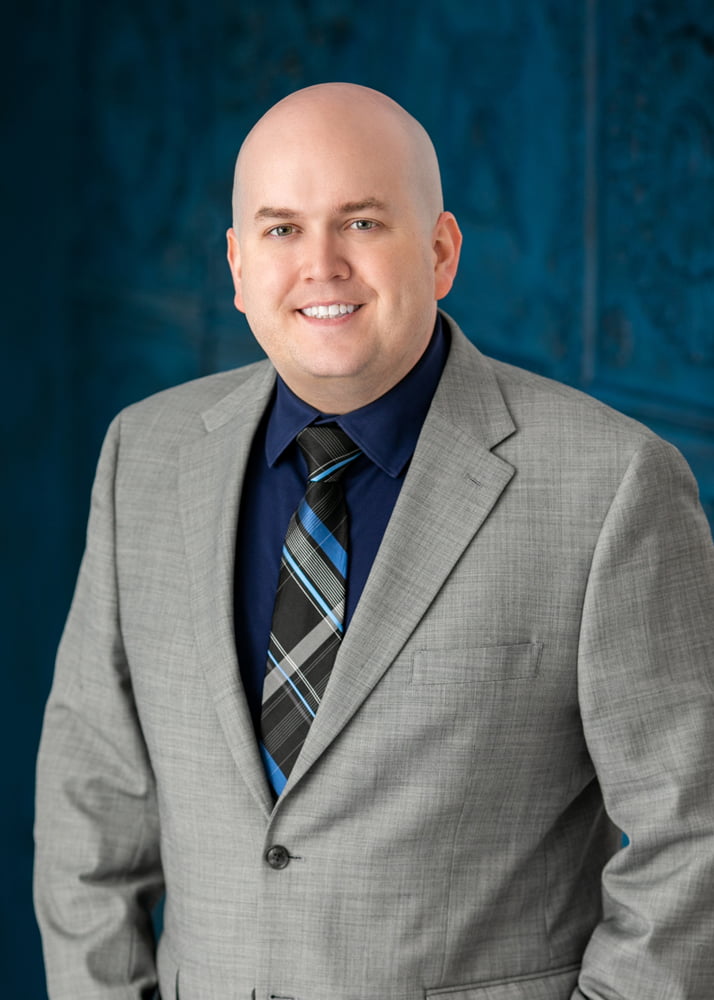In 2010, the Michigan Trust Code defined the term “Trust Protector” as someone appointed to watch over a trust that will be in effect for a long time. The appointed person must ensure the trust is protected from any legal changes. This also protects beneficiaries and mediates disputes over estate matters.
A trust protector only has specific powers granted by the trust document. The settlor and the attorney writing the trust document establish these powers which may include the following:
- Amending the trust if laws change
- Changing future distributions based on beneficiaries’ life circumstances
- Removing a trustee
- Changing a trustee
- Adding a beneficiary if there is a new descendent
- Vetoing investment decisions
Trust Protector v.s. Trust Director
On March 29, 2019 new laws took effect that changed the role of trust protector. In fact, the role of “Trust Protector” was replaced by “Trust Director.” This happened when Michigan’s Governor signed new legislation under the Uniform Directed Trust Act (UDTA). This action essentially repealed the existing provision in the Michigan Trust Code. So, current estate plans containing these provisions should consult with their attorneys to see how the new terminology affects their trust documents.
The scope of powers given to a trust director is quite broad. Many powers are similar to the former ones. However, there are two main changes: directed trusts and divided trusteeships.
Directed Trusts
The main purpose of the UDTA was to clarify the roles and define the powers given to the trust director in regards to the administration of the trust. This statute has provisions that ensure the trust director acts in the interests of the beneficiaries at all times. Also, the trustee and the trust director must have access to all information involved in the trust. These complicated matters should be discussed with your attorney as the laws governing these matters have changed.
Divided Trusteeships
This part of the new law does not exist in any other state. Basically, the settlor may establish separate trustees rather than co-trustees. By doing this each trustee is only liable for their individual area. Most estates consider three types of trustees:
- Investment trustees- These trustees are responsible for investing the trust’s assets
- Distribution trustees- These trustees distribute all assets from the trust
- Resultant trustees- The trustees responsible for everything not allocated to the distribution or investment trustee.
Separate Trustee Advantages
This type of trustee arrangement makes it possible to appoint a family member to one role and a financial organization to another role. It’s important to note that with this divided trustee arrangement one trustee is not liable for the actions of another trustee. So, if a financial institution makes an error a family member is not responsible or liable. Of course, these complex legal decisions take time and careful planning. At one time only very large estates used trust protectors. In today’s world more people are considering trust directors to manage their financial matters. Thus, it’s important to meet with an estate planning lawyer if you feel your estate could use a Trust Director.
About The Writer

Sean Nichols is the founder and managing partner of Sean J Nichols, PLLC a Plymouth, Michigan based law firm specializing in estate planning and trusts. As an experienced trust lawyer, Sean is dedicated to helping clients plan a comfortable future for themselves and their loved ones. This includes helping clients with:
- Setting up or modifying trusts
- Special needs trusts
- Trust administration
- Disputes over trusts
- Probate and trusts
